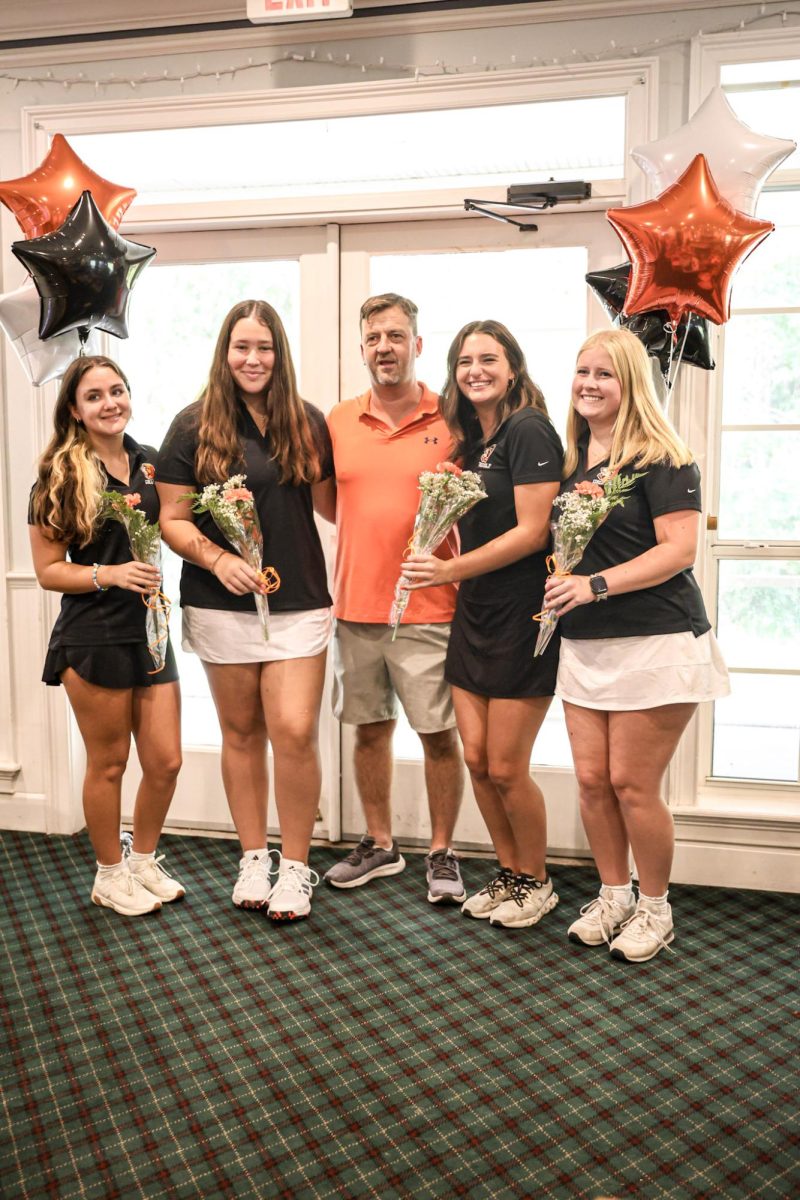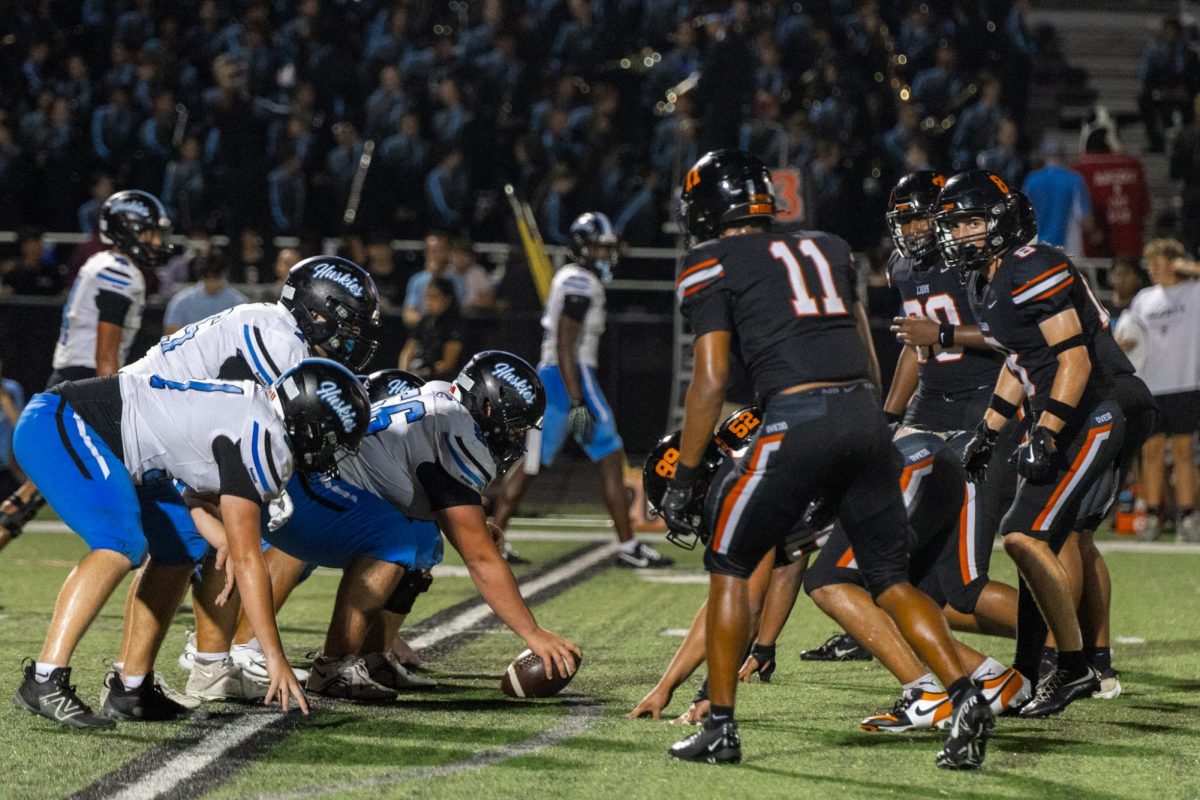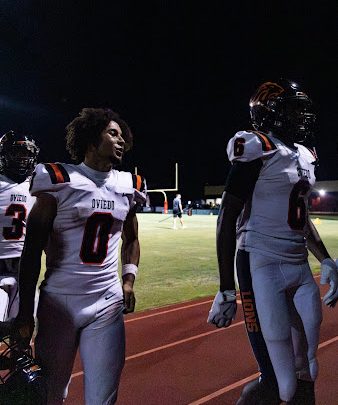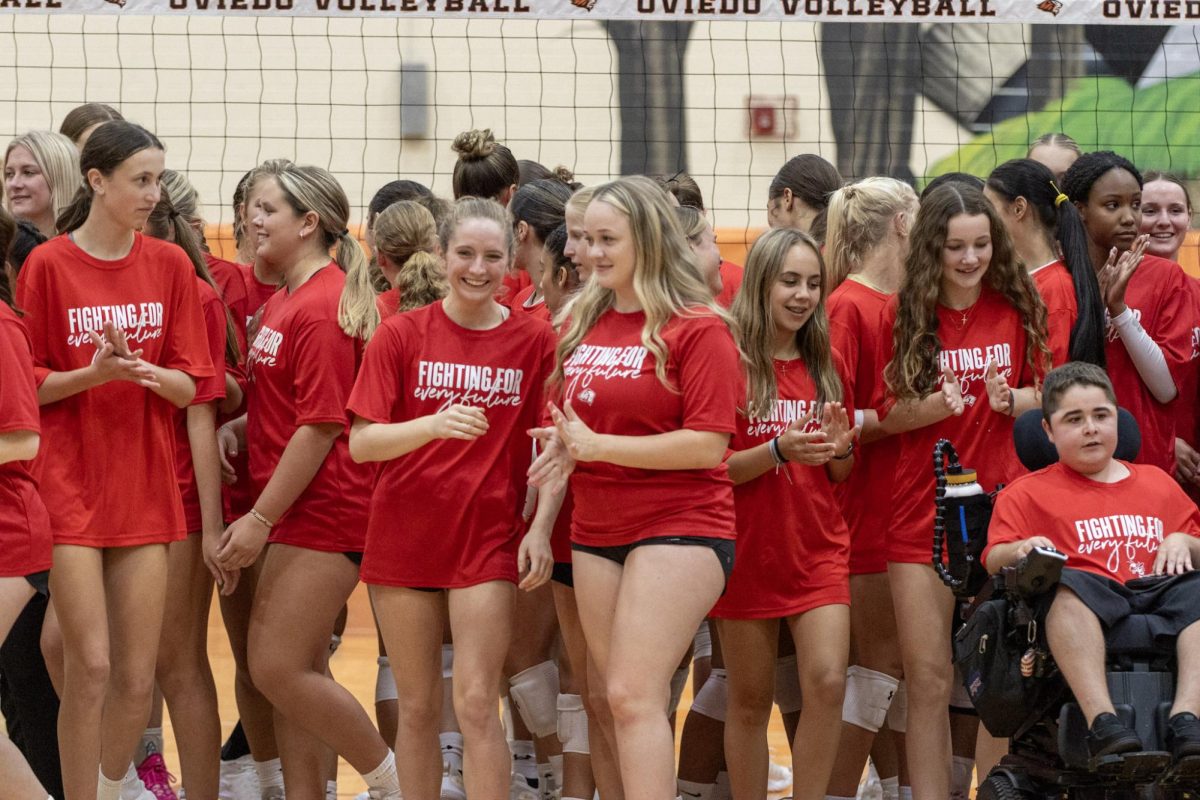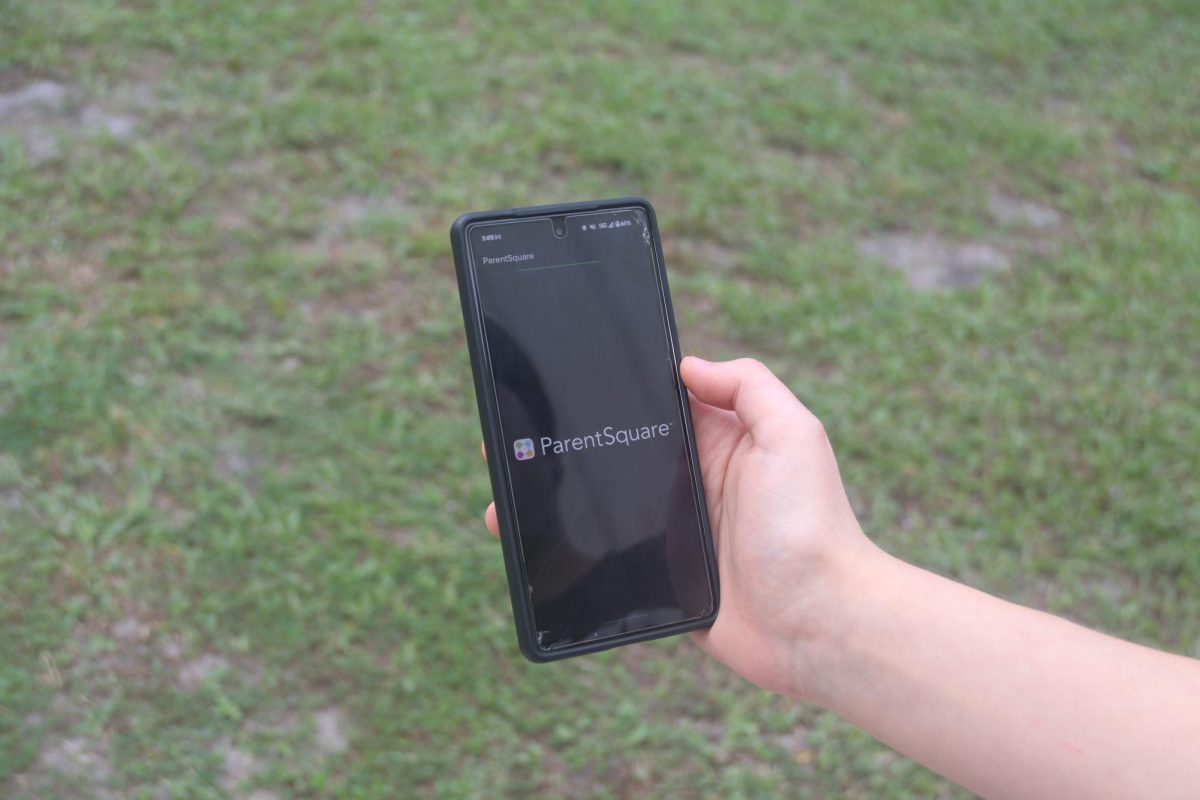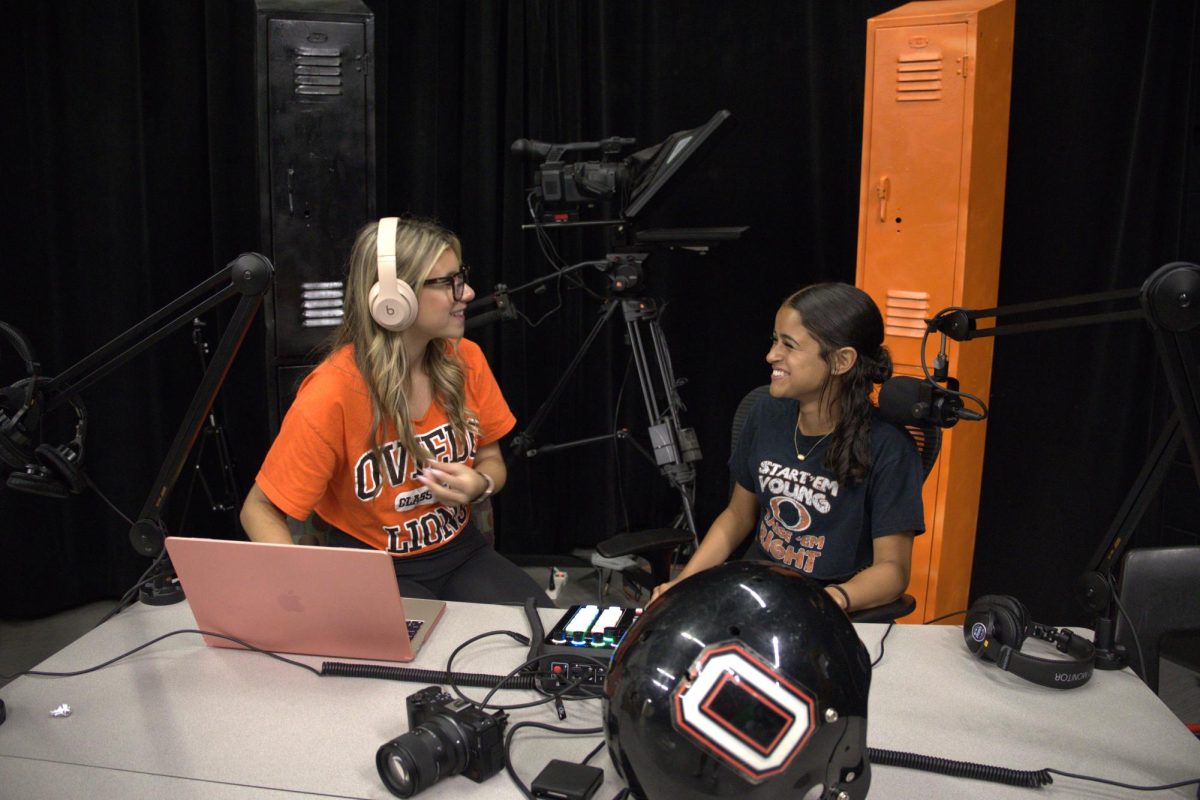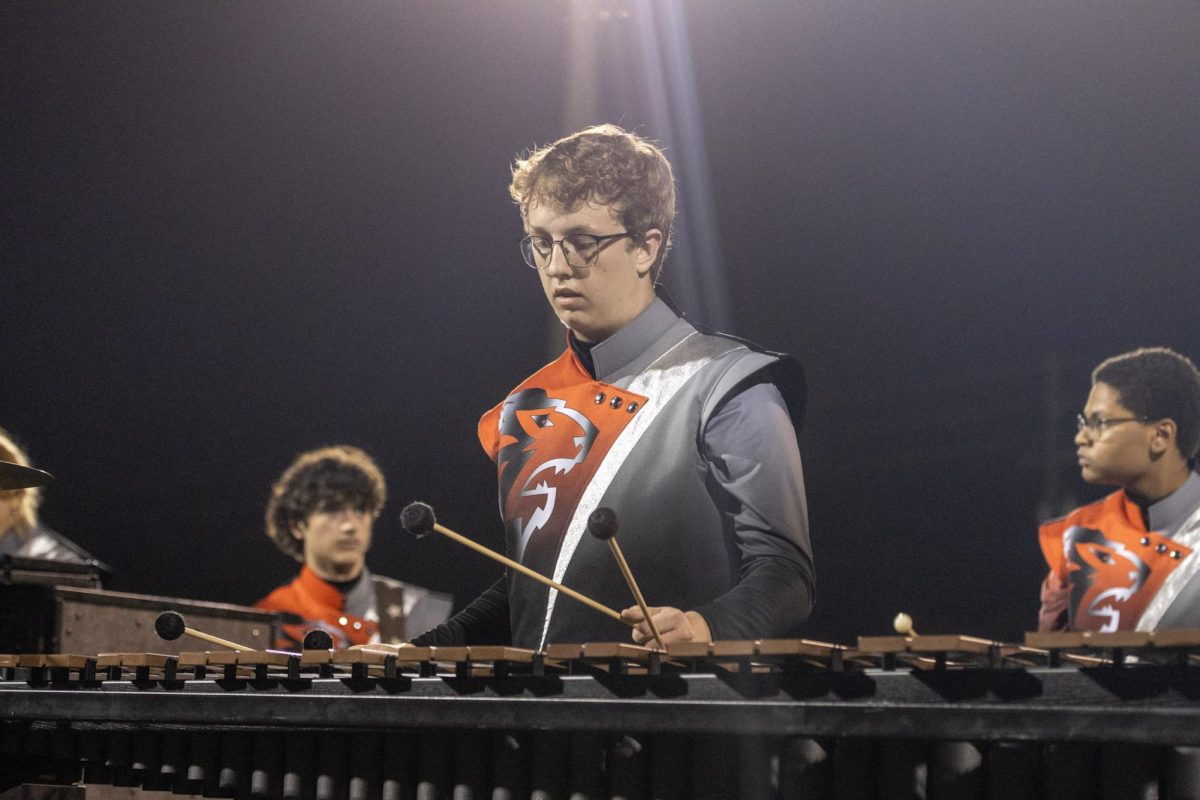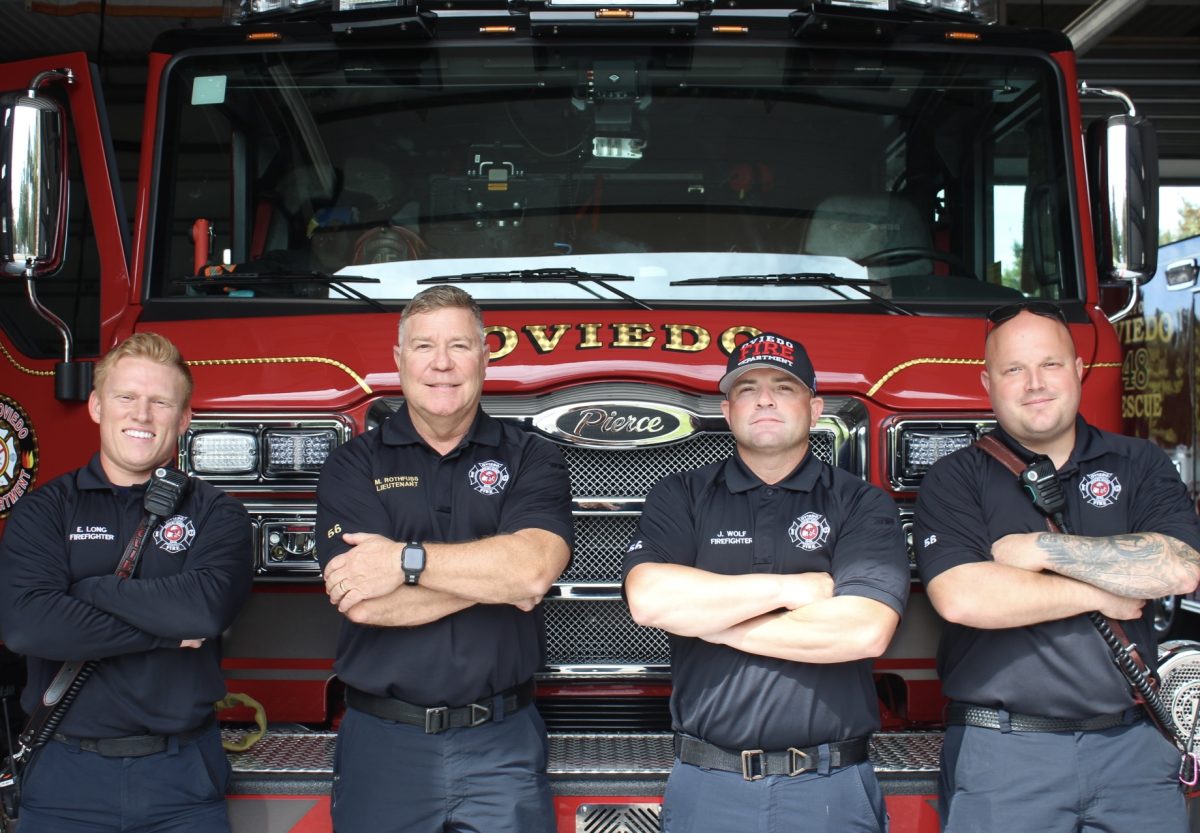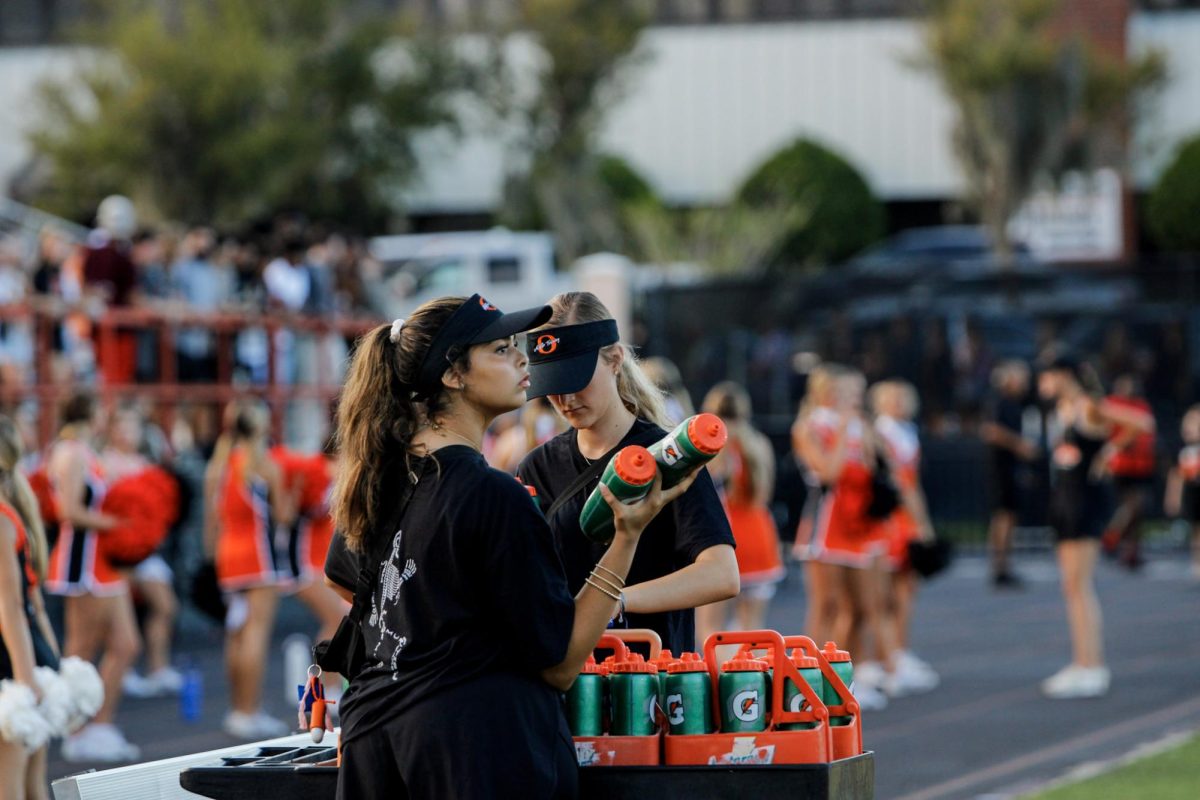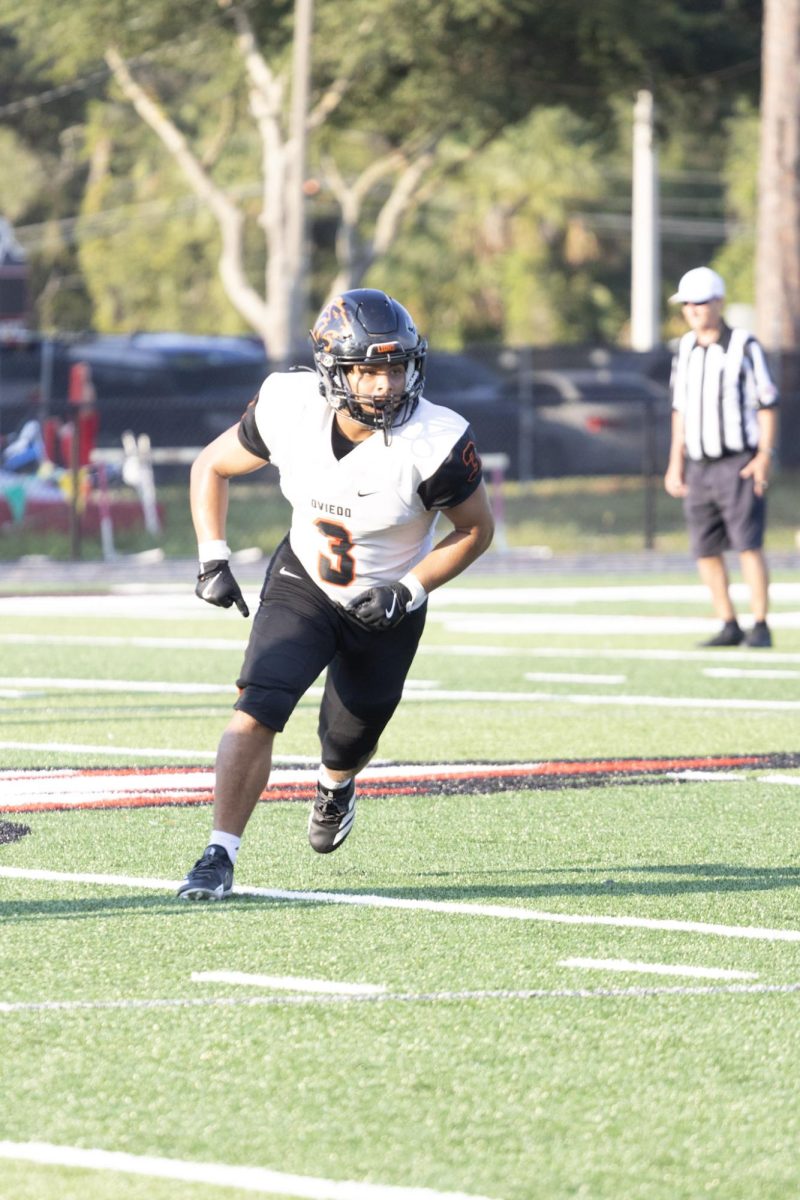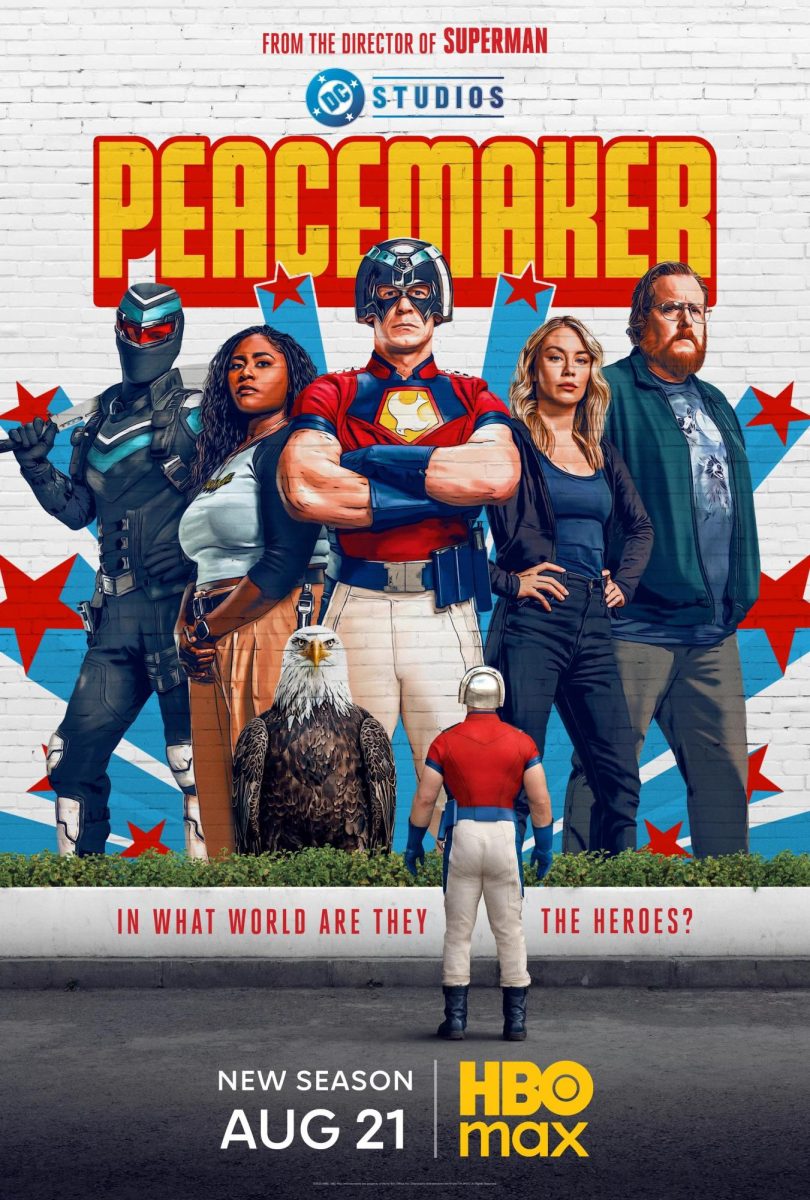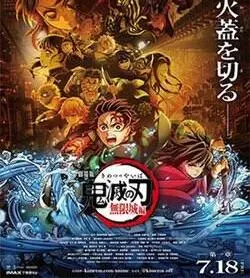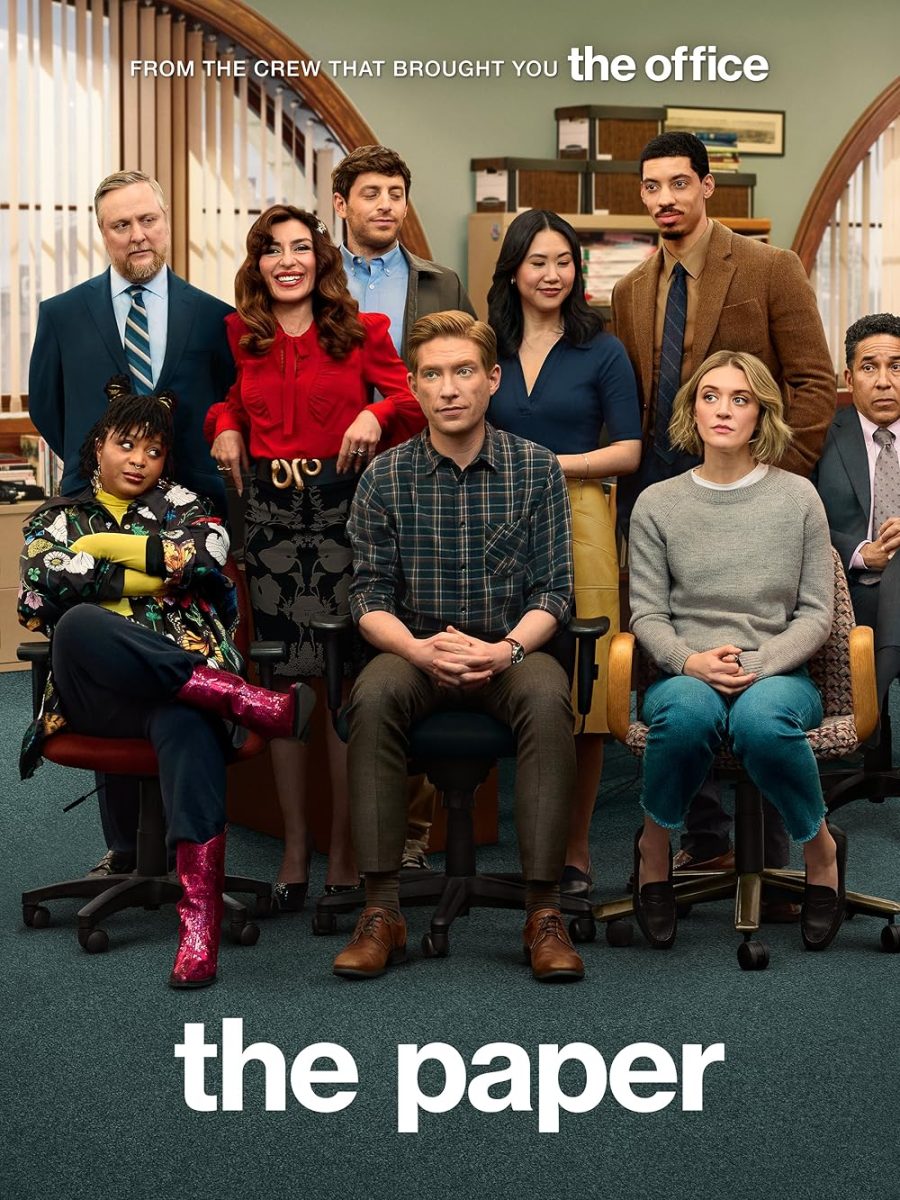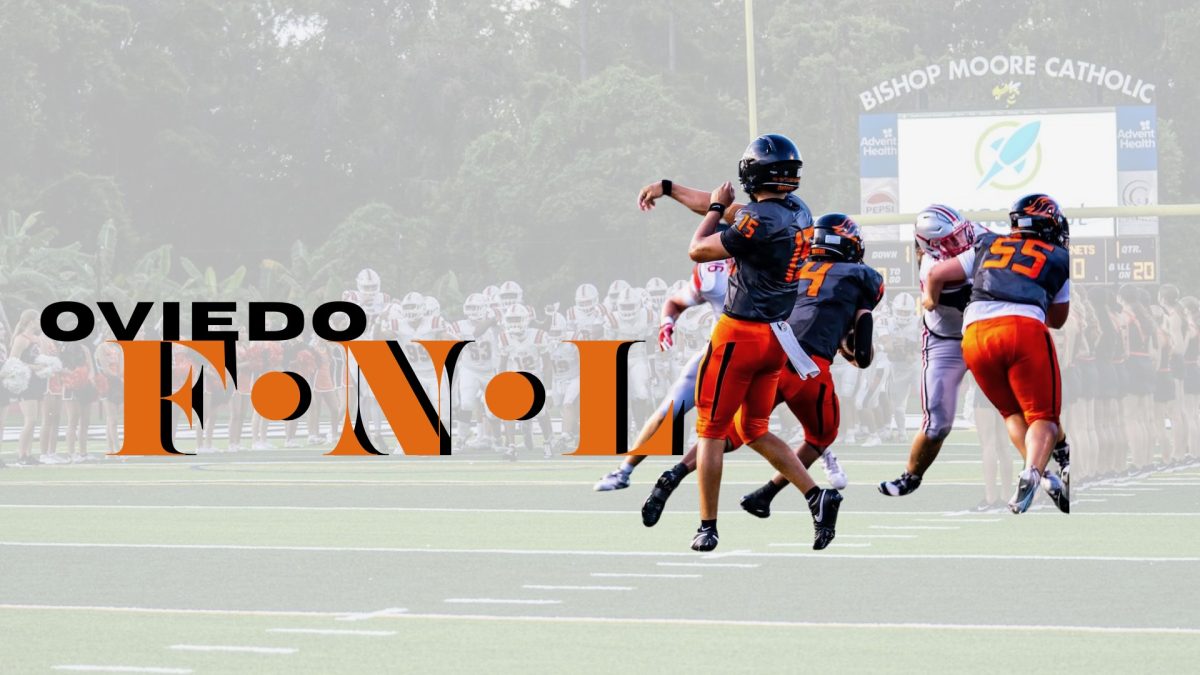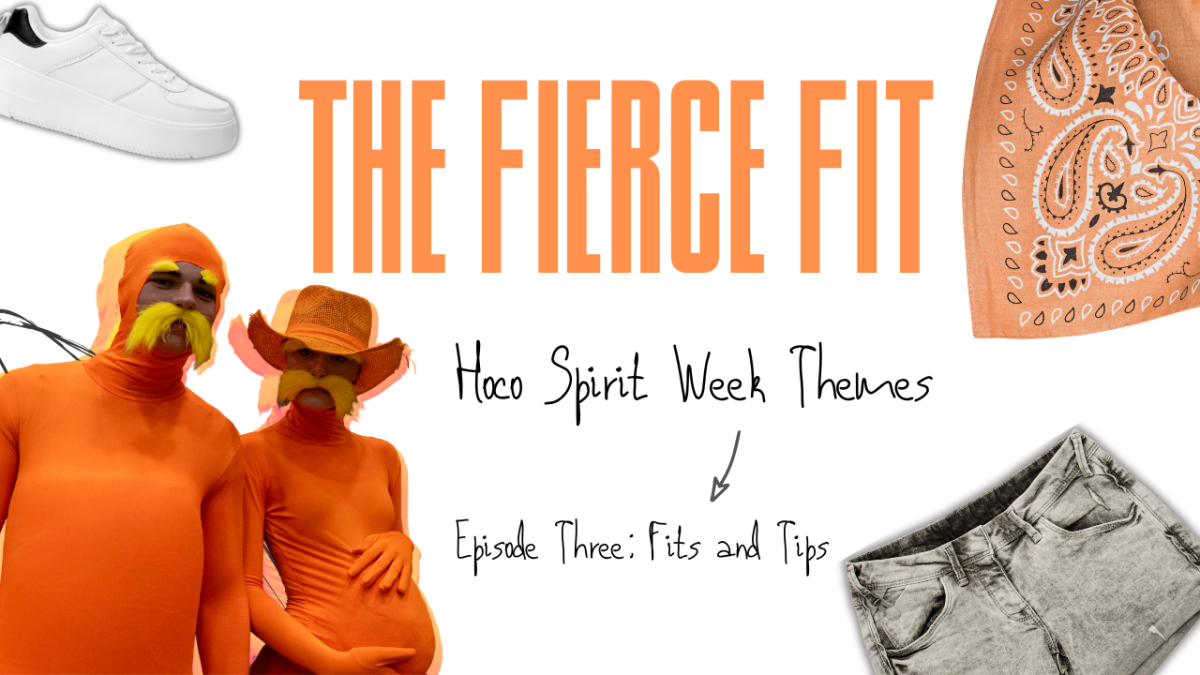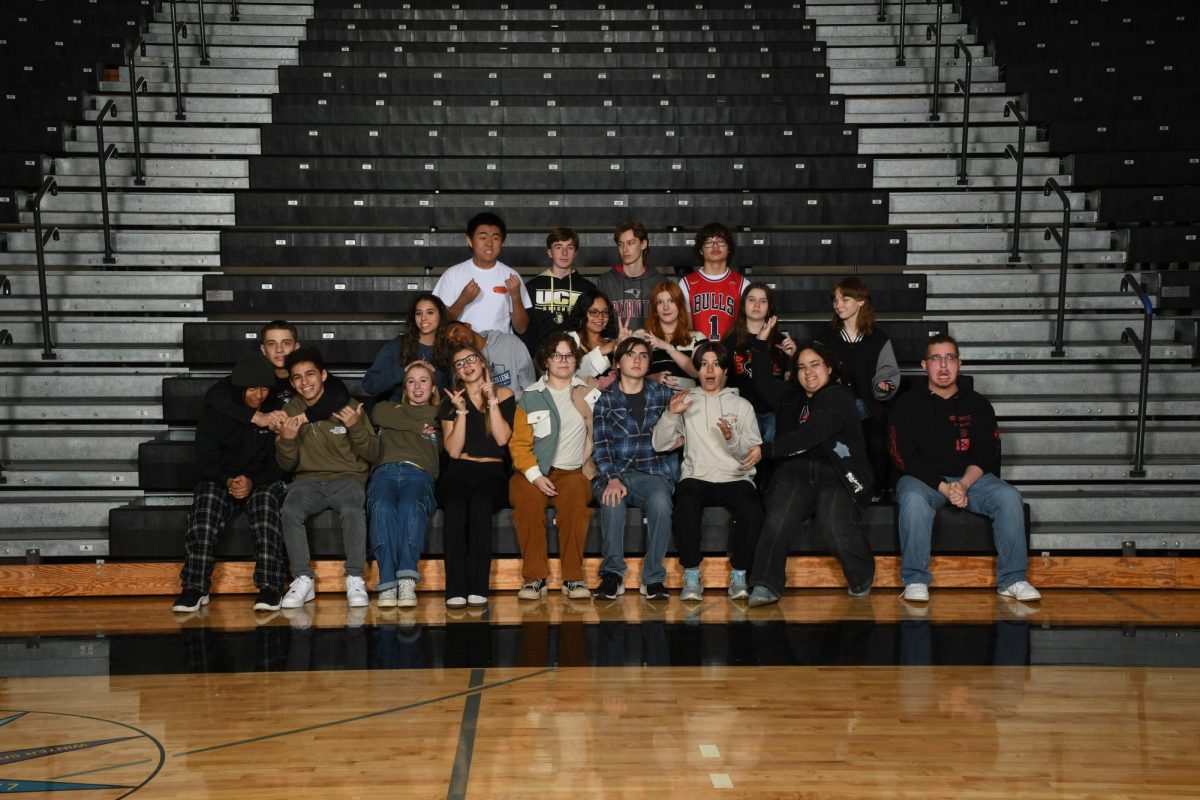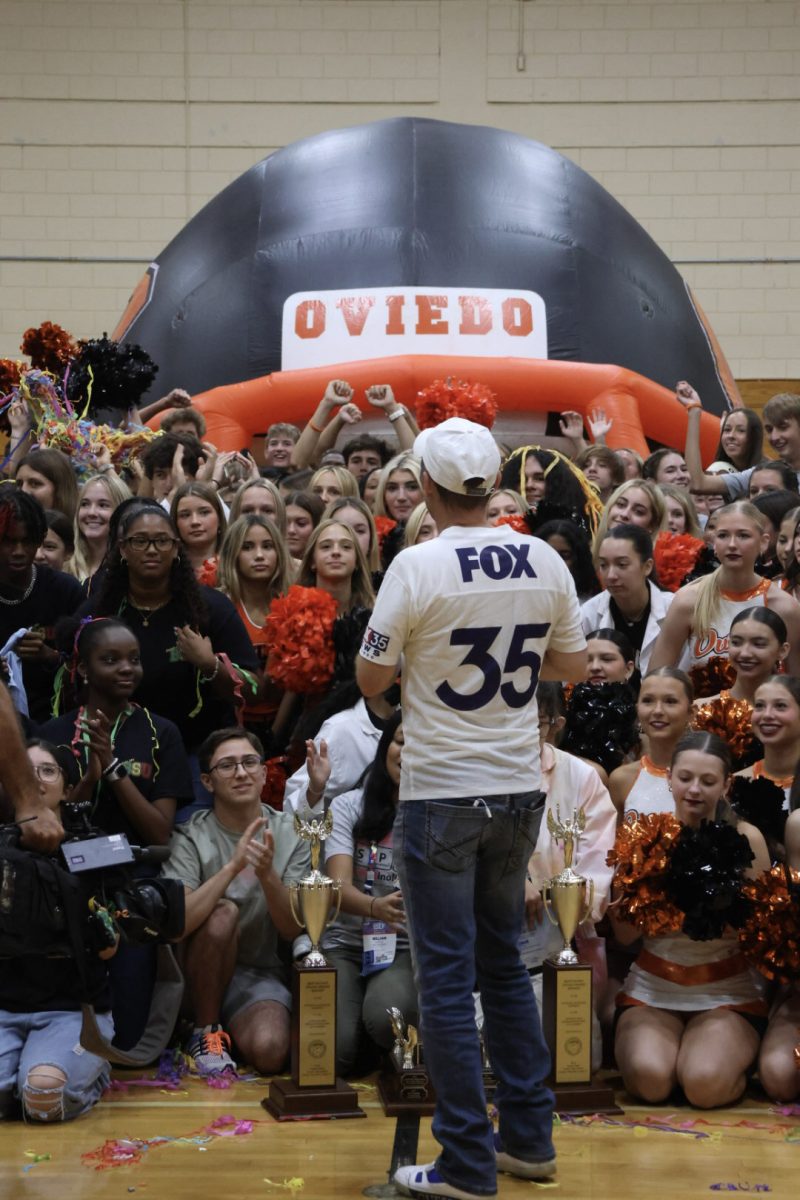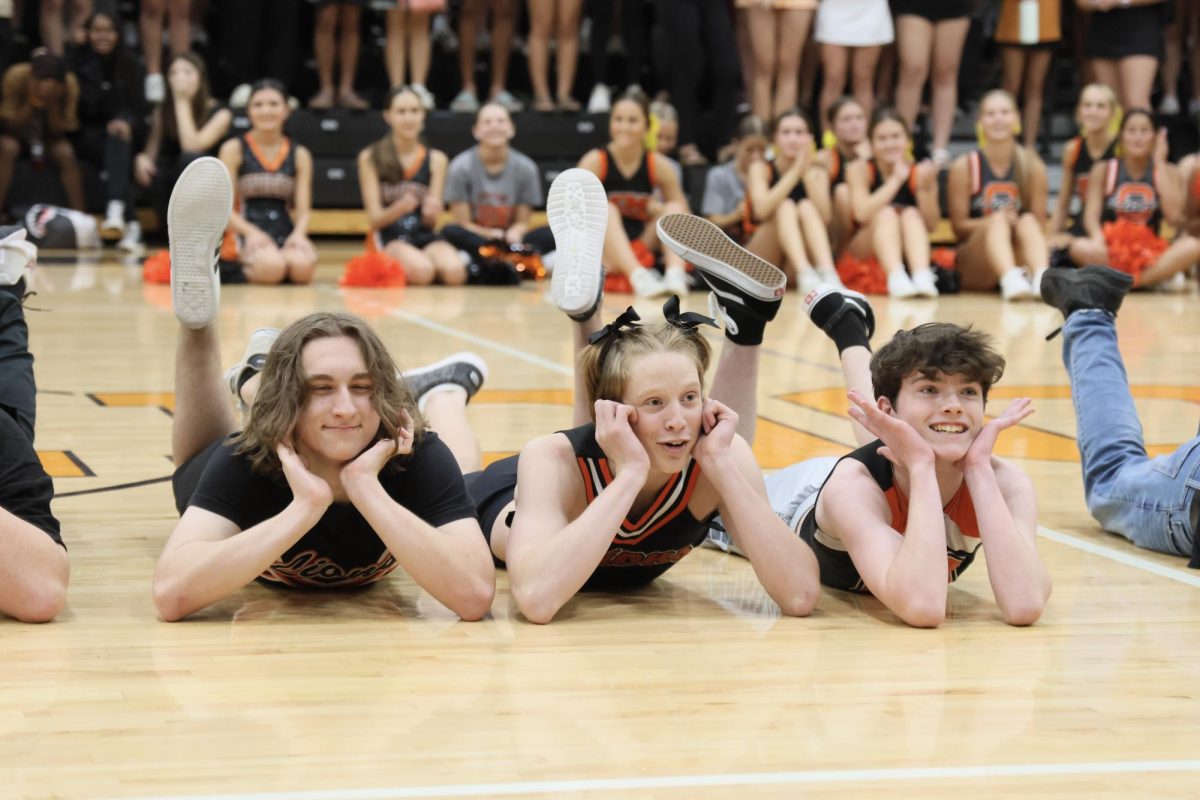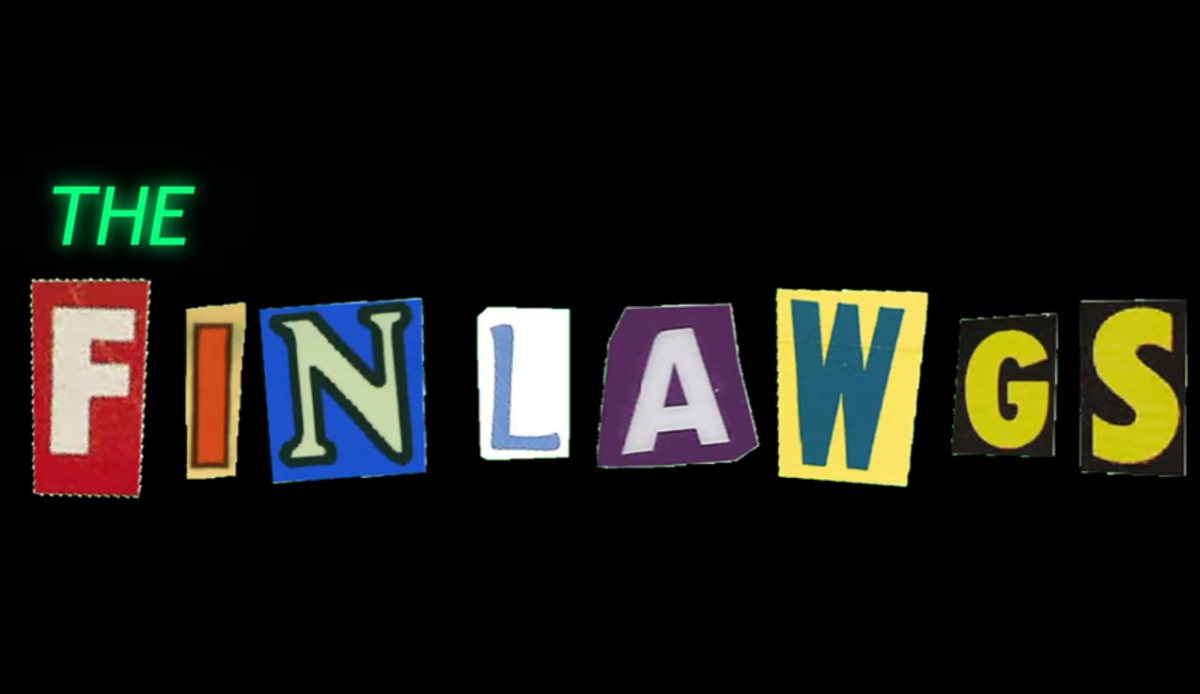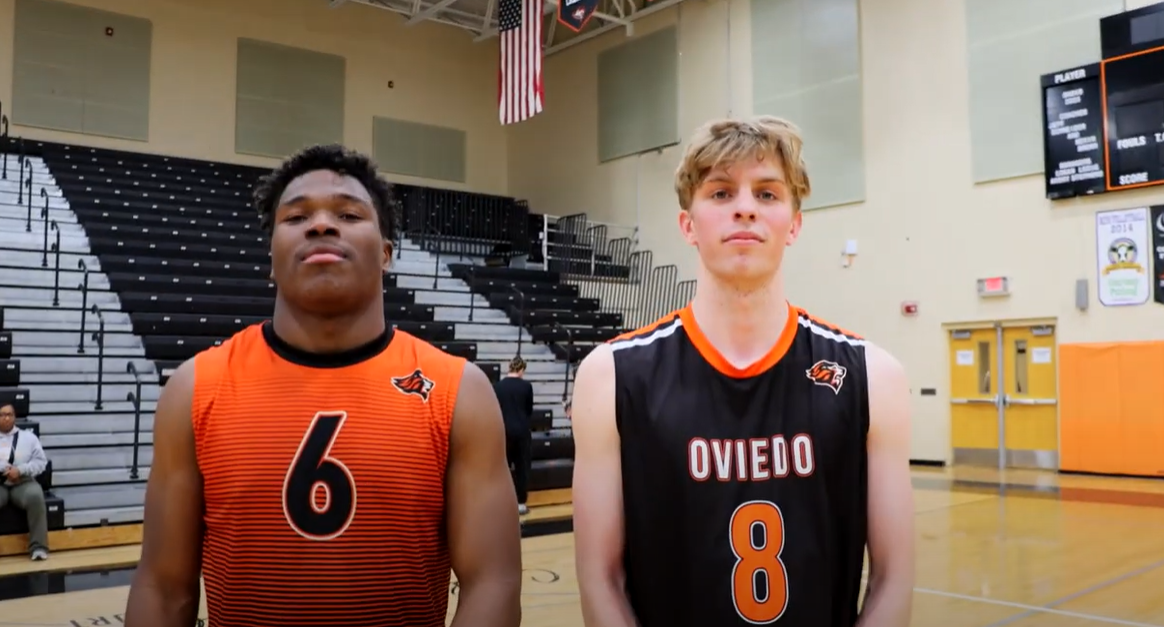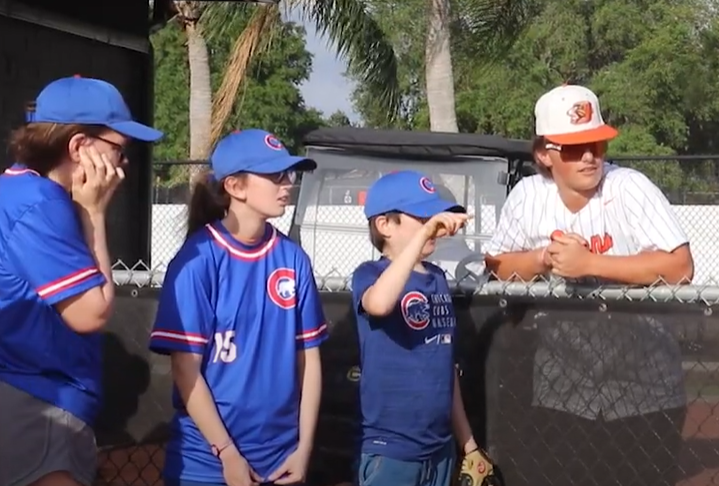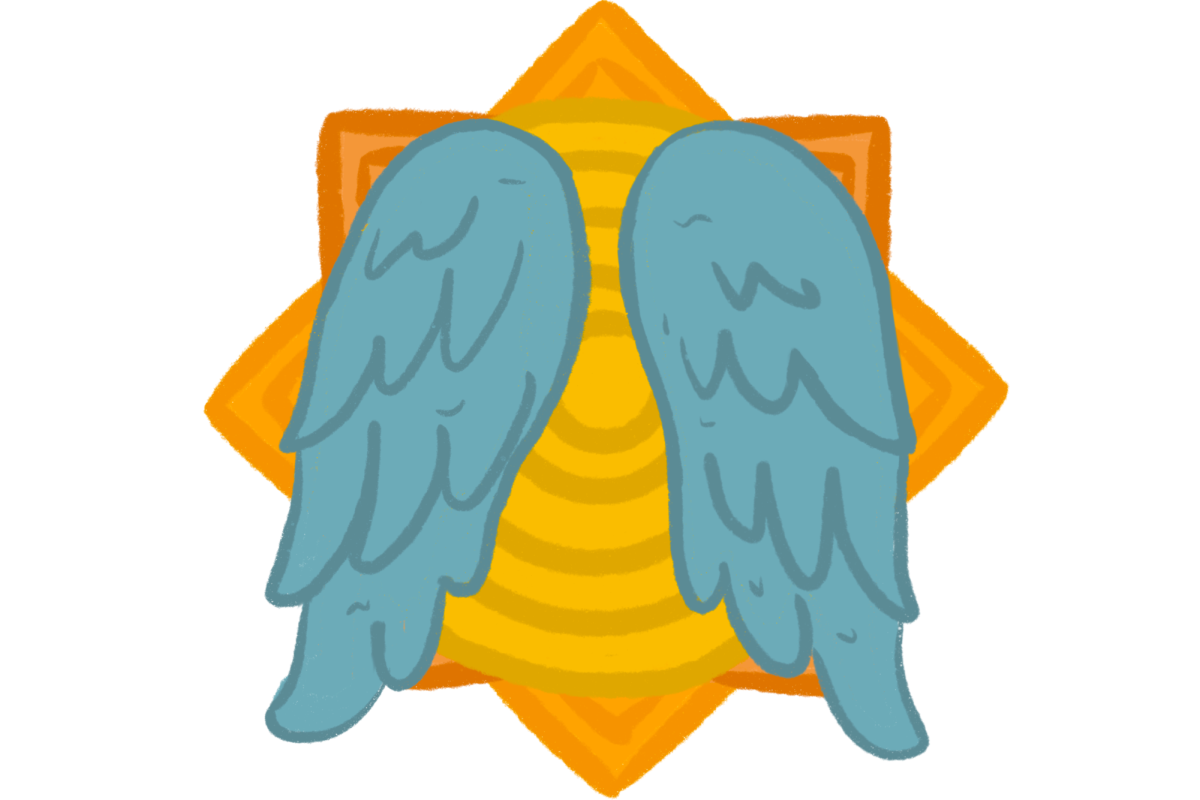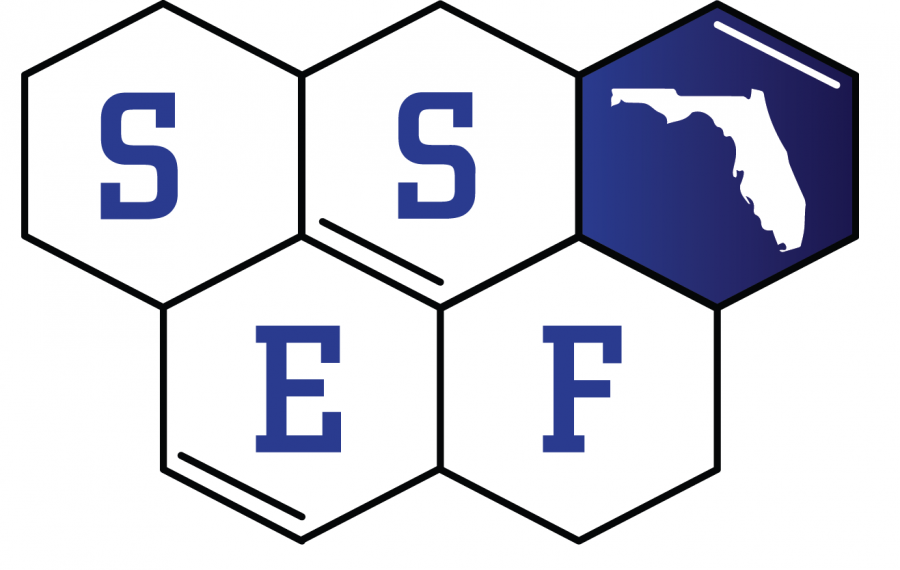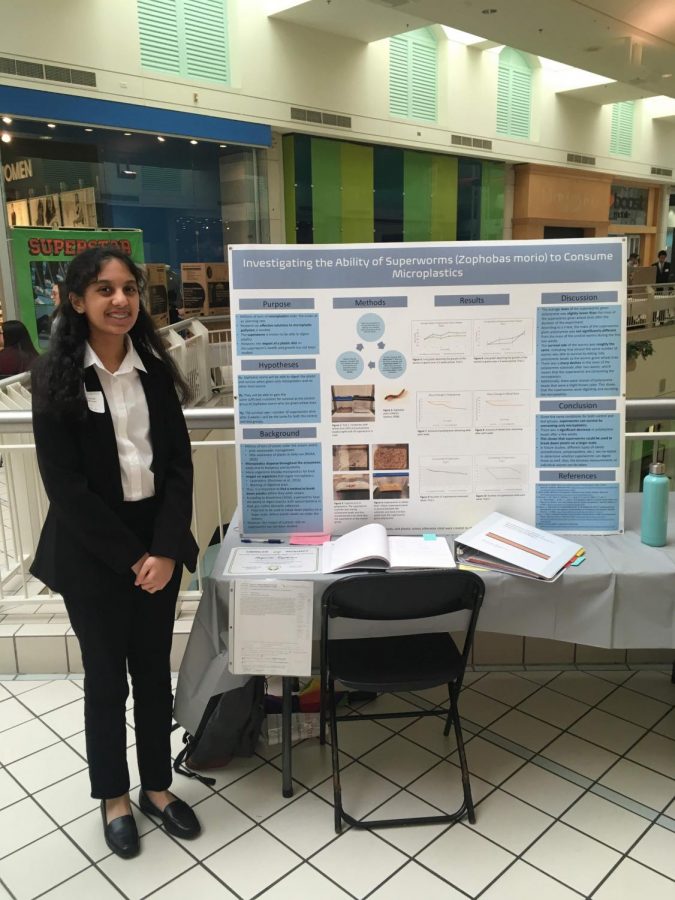State science fair cancelled due to coronavirus, disappointing students and staff
WEB EXCLUSIVE
Despite working all school year on their State Science and Engineering Fair projects, students at Oviedo High School learned this week that they will no longer be able to attend this event.
On March 4, the SSEF of Florida announced they were cancelling this year’s event due to the worldwide spread of COVID-19, more commonly known as the coronavirus.
“The risks to more than 950 student finalists, their families, schools, communities, and the more than 800 adult volunteers that support the event, are far too great to justify this year’s SSEF,” Bill Herschleb, the chair of the Florida Foundation for Future Scientists said in a statement on the organization’s website. “This event brings together representatives of every age and every region of the state, and the close person-to-person contact during the 3-day event provides for unimpeded viral transmission.”
William Furriosi, the science teacher that has helped students prepare their projects for the event, said he thinks the fair’s actions are unwarranted.
“It’s incredibly frustrating,” Furriosi said. “ In a state with only four confirmed cases out of 22 million people, I feel that it is a strong overreaction.”
Before the cancellation, eight of our students here at OHS qualified to compete in the state science fair. The eight of our students that would have gone to states are Eshan Ramesh, Ishika Nag, Kyra Henriques, Sravani Thupili, Laboni Santra, Adya Gulati, Priyanka Raghavan and Naman Doad.
“There is a wide variety of different types,” Furriosi said about the projects supposed to be moving forward.
Science fair gives students many opportunities from participating in the science fair and the experimental science class.
“They really have an opportunity to study something that they are really passionate about for an entire year, and develop the skills not only for science but also for communication and general soft skills that you need,” Furriosi said.
He compared the projects to working on a newspaper staff, because the two share similar responsibilities for students.
“They have to manage deadlines. They have to meet and talk with people. They have to be comfortable being a public speaker,” Furriosi said. “They have to be very clear and reach a target audience when they speak, [and] they have to be willing to do a lot of background research and commit a lot of time and effort into what they are studying.”
He added that usually they work on the projects over the course of four to six months, and students get to decide on a project they research all school year. Anybody from ninth to twelfth grade can be involved in the science fair.
Students who created projects and are moving on to state said the fair had given them a chance to express themselves outside of what they normally would do in a regular science course.
“I think science fair is a great way to research topics that interest you that you won’t learn about in normal science class,” said freshman Priyanka Raghavan. “My science fair project is about the efficiency and safety of using superworms (Zophobas morio) as a method to microplastic degradation.”
Not only are all the projects that students create unique, but the class itself is unlike any other offered at the school.
“It’s a lot different from other classes, because in math you might have a homework assignment due the next day, and then the next day another one, and the next day another one,” Furriosi said.
Science fair is different. Furriosi said the students have all year until February to work on their projects and poster presentations. This extended timeline means that students have a certain set of responsibilities when working all year.
“You have to set all these smaller deadlines and really work on being good with a computer, being good with [Microsoft] Excel, [and] being able to contact people when you need to understand something in that science,” Furriosi said. “So a lot of those things really set students apart [from] other classes.”
Now that students will no longer be able to show their projects to judges, Furriosi pointed out that they will be missing out on even more opportunities to develop new skills.
“I feel awful for the students, especially. They worked so hard for this opportunity, especially the seniors,” Furriosi said. “Now they miss out on resume-building opportunities, chances to earn research positions in college, experience of collaborating with professionals, scholarship money and awards.”
Ultimately, Furriosi said he thinks that cancelling the fair is going to do more harm than good for the students who could have participated.
“I hope that I will look back on this year from now thinking it was the right decision and I was wrong, that this was a medically wise decision,” Furriosi said. “At this point though, I’m having a difficult time rationalizing it as anything less than an overreaction.”
Your donation will support the student journalists of Oviedo High School. Your contribution will allow us to purchase equipment and cover our annual website hosting and printing costs. Thank you!

